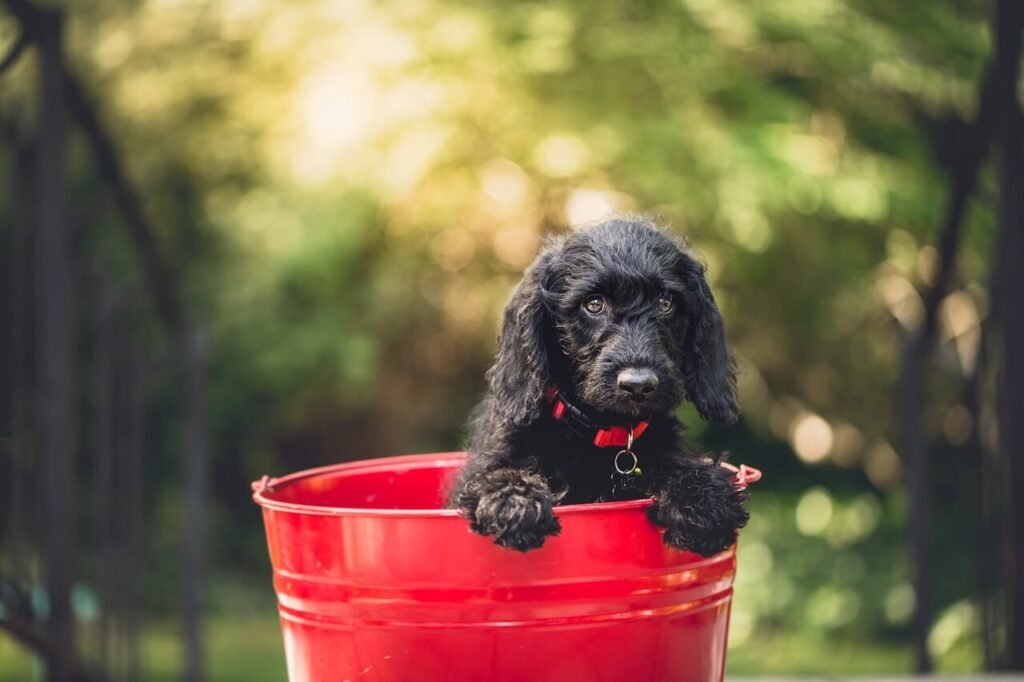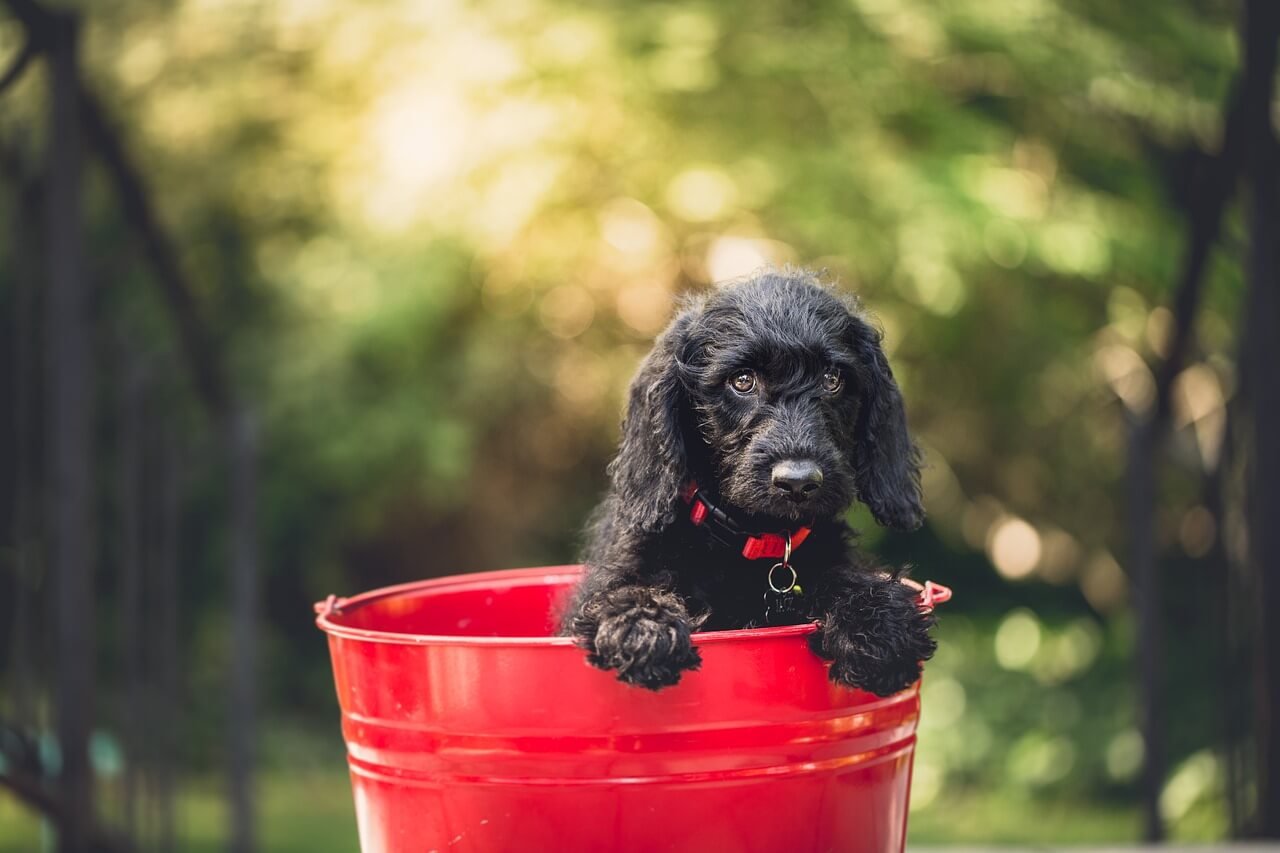Hydration for Dogs: The Key to a Happy, Healthy Pup
Just like humans, dogs rely on proper hydration to maintain their overall health and well-being. Water is essential for nearly every bodily function, from regulating body temperature to aiding digestion and supporting joint health. Yet, many pet owners underestimate the importance of keeping their furry friends properly hydrated. Whether you’re dealing with a playful puppy or a senior dog, understanding the role of hydration and how to ensure your dog gets enough water is crucial. In this blog post, we’ll explore everything you need to know about hydration for dogs, including signs of dehydration, tips for encouraging water intake, and how to keep your pup hydrated year-round.
Why Is Hydration Important for Dogs? Key Benefits
Proper hydration is vital for maintaining your dog’s health and ensuring their body functions optimally. Without enough water, your dog can experience a range of issues that affect their energy levels, digestion, and even organ function. Here are some of the key benefits of keeping your dog hydrated:
Temperature Regulation: Water helps your dog cool down through panting and sweating through their paws.
Digestive Health: Adequate hydration supports the digestive process and prevents constipation or urinary issues.
Joint Lubrication: Water keeps joints lubricated, reducing the risk of stiffness or discomfort, especially in older dogs.
Kidney Function: Proper hydration helps flush toxins from the body, reducing strain on the kidneys.
Energy Levels: Dehydration can lead to lethargy, while staying hydrated keeps your dog active and alert.
By prioritizing hydration, you’re not only supporting your dog’s physical health but also enhancing their quality of life. A well-hydrated dog is a happy, energetic companion!
Signs Your Dog May Be Dehydrated
Dehydration can sneak up on dogs, especially during hot weather or after intense physical activity. Recognizing the early signs of dehydration is crucial to prevent more serious health issues. Here are some common indicators that your dog may need more water:
Dry Gums: If your dog’s gums feel sticky or dry instead of moist, it could be a sign of dehydration.
Loss of Skin Elasticity: Gently pinch the skin on your dog’s neck; if it doesn’t snap back quickly, they may be dehydrated.
Lethargy or Weakness: A lack of energy or reluctance to move can indicate your dog isn’t getting enough fluids.
Sunken Eyes: This is a more severe sign and requires immediate veterinary attention.
Excessive Panting: While panting is normal, excessive panting combined with other symptoms can signal dehydration.
If you notice any of these signs, offer fresh water immediately and monitor your dog closely. Persistent dehydration should always be addressed by a veterinarian.
Check this guide 👉When to Give Your Dog Water After Exercise: Best 7 Tips!
Check this guide 👉Top 4 Best Dog Water Dispensers for Ultimate Hydration!
Check this guide 👉Why Does My Dog Gag After Drinking Water? Best 7 Tips!

Ways to Keep Your Dog Hydrated | Signs of Dehydration in Dogs |
|---|---|
Provide fresh water at all times | Dry or sticky gums |
Add water to dry kibble | Loss of skin elasticity |
Use a pet water fountain | Lethargy or weakness |
Offer hydrating treats like cucumbers | Sunken eyes |
Take breaks during walks for water | Excessive panting without relief |
Tips for Encouraging Your Dog to Drink More Water
Some dogs are naturally picky drinkers, while others may simply forget to drink enough water throughout the day. Here are some practical tips to encourage your dog to stay hydrated:
Keep Water Bowls Clean: Regularly wash your dog’s water bowl to prevent dirt or bacteria buildup, which can deter them from drinking.
Use a Pet Water Fountain: Many dogs are attracted to running water, making a fountain a great way to boost water intake.
Add Flavor to Water: Mix a small amount of low-sodium broth into their water to make it more appealing.
Offer Wet Food: Incorporate wet or canned dog food into their diet, as it contains significantly more moisture than dry kibble.
Set Reminders for Breaks: During walks or playtime, remind yourself to pause and offer your dog water frequently.
With a little creativity and consistency, you can ensure your dog stays hydrated and healthy. Every sip counts!
Seasonal Hydration Tips for Dogs
The changing seasons bring unique challenges when it comes to keeping your dog hydrated. From summer heatwaves to winter dryness, here are some seasonal tips to ensure your dog stays properly hydrated year-round:
Summer: Provide extra water during hot days and consider freezing water in toys for a refreshing treat.
Winter: Indoor heating can dry out the air, so place multiple water bowls around the house to encourage drinking.
Spring: After outdoor adventures, rinse your dog’s paws and offer water to rehydrate after muddy playtime.
Fall: Monitor hydration during longer hikes or outdoor activities, as cooler temperatures can trick you into thinking your dog doesn’t need water.
Hot Cars: Never leave your dog in a vehicle, as dehydration can occur rapidly in warm environments.
Adapting your hydration strategies to the season ensures your dog remains comfortable and healthy no matter the weather.
Creative Tricks to Make Hydration Exciting
Sometimes, dogs need a little encouragement to drink enough water, especially if they’re picky or distracted. Adding an element of fun can make hydration feel like a treat rather than a chore. Here are some creative ideas to keep your dog engaged and hydrated:
Frozen Treats: Freeze water in ice cube trays or silicone molds, adding bits of fruit like blueberries for extra flavor.
Interactive Toys: Use toys designed to hold water, encouraging your dog to drink while playing.
DIY Pupsicles: Blend water with a small amount of plain yogurt or peanut butter (xylitol-free) and freeze for a hydrating snack.
Water Games: Set up a kiddie pool or sprinkler for your dog to splash around in during hot weather.
Hydration Stations: Place multiple water bowls around the house, making it easy for your dog to drink wherever they go.
These playful methods not only boost hydration but also strengthen the bond between you and your pup. A happy dog is a hydrated dog!
What Not to Do When It Comes to Hydration
Even well-meaning pet owners can make mistakes when it comes to keeping their dogs hydrated. Being aware of these pitfalls can help you avoid unintentional harm. Here are some common hydration mistakes to steer clear of:
Leaving Water Out Only During Meals: Dogs need constant access to fresh water, not just at feeding times.
Using Dirty Bowls: Unclean water bowls can harbor bacteria, discouraging your dog from drinking.
Ignoring Weather Conditions: Failing to provide extra water on hot days or during physical activities can lead to dehydration.
Overlooking Signs of Illness: Conditions like vomiting or diarrhea increase the risk of dehydration and require extra attention.
Offering Human Drinks: Avoid giving your dog coffee, tea, or sugary drinks, as they can be harmful.
By avoiding these mistakes, you’ll ensure your dog stays properly hydrated and healthy. Prevention is always better than dealing with the consequences of dehydration.
Special Considerations for Athletic or Working Dogs
Active dogs, such as those who participate in agility training, hiking, or working roles, have higher hydration needs than their more sedentary counterparts. Keeping these pups properly hydrated is essential for maintaining their performance and overall health. Here’s how to meet the unique hydration needs of active dogs:
Pre-Hydrate Before Activity: Offer water at least 30 minutes before exercise to prepare their bodies for exertion.
Portable Water Bottles: Carry a travel-friendly water bottle or collapsible bowl during outdoor adventures.
Electrolyte Solutions: For prolonged activity, consult your vet about dog-safe electrolyte supplements to replenish lost minerals.
Frequent Breaks: Schedule regular water breaks during intense play or work sessions to prevent overheating.
Monitor Recovery: After exercise, ensure your dog drinks enough water to rehydrate and cool down gradually.
Active dogs rely on proper hydration to perform at their best and recover effectively. By tailoring your approach to their lifestyle, you’ll support their energy and endurance.
Frequently Asked Questions About Hydration for Dogs
How much water should my dog drink daily?
On average, dogs need about 1 ounce of water per pound of body weight each day, but this can vary based on activity level and climate.
What should I do if my dog refuses to drink water?
Try offering flavored water, wet food, or consult your veterinarian to rule out underlying health issues.
Can dehydration be fatal for dogs?
Yes, severe dehydration can lead to organ failure and other life-threatening complications if left untreated.
Are there hydrating foods I can give my dog?
Yes, foods like cucumbers, watermelon (seedless), and blueberries are high in water content and safe for dogs.
How can I tell if my dog is drinking enough water?
Monitor their water bowl levels, check for signs of dehydration, and observe their energy levels and urine color.
Final Thoughts: Prioritizing Hydration for Your Dog
Hydration is one of the simplest yet most important aspects of your dog’s health. By ensuring they have access to clean, fresh water and recognizing the signs of dehydration, you can prevent a host of potential health issues. Whether it’s through creative tricks like flavored water or adapting to seasonal needs, staying proactive about hydration will keep your furry friend happy and thriving. Remember, a well-hydrated dog is a joyful companion, ready to tackle every adventure alongside you. So grab that water bowl, fill it up, and toast to your pup’s health!
Do Cats Have Taste Buds? Best 7 Expert Tips! – Discover how cats experience flavors and why their taste is so unique.
Do Dogs Have Taste Buds? Best 7 Expert Tips! – Discover how dogs experience taste, their preferences, and what it means for their diet and health.
Can Cats Taste Sweet? Best 7 Expert Tips! – Discover why cats can’t taste sweetness, how it affects their diet, and tips to keep them healthy and happy.
Can Dogs Taste Sweet? Best 7 Expert Tips! – Discover how dogs perceive sweetness, which foods are safe, and tips to manage their sweet cravings responsibly.





